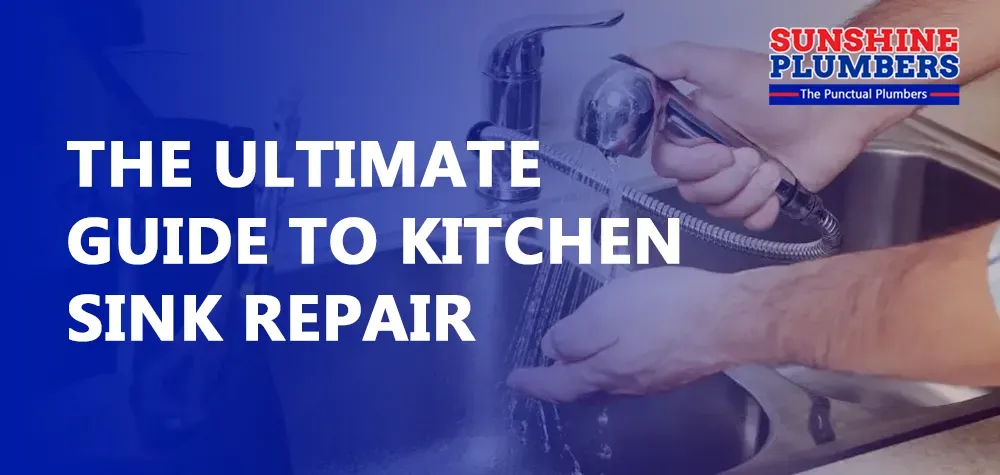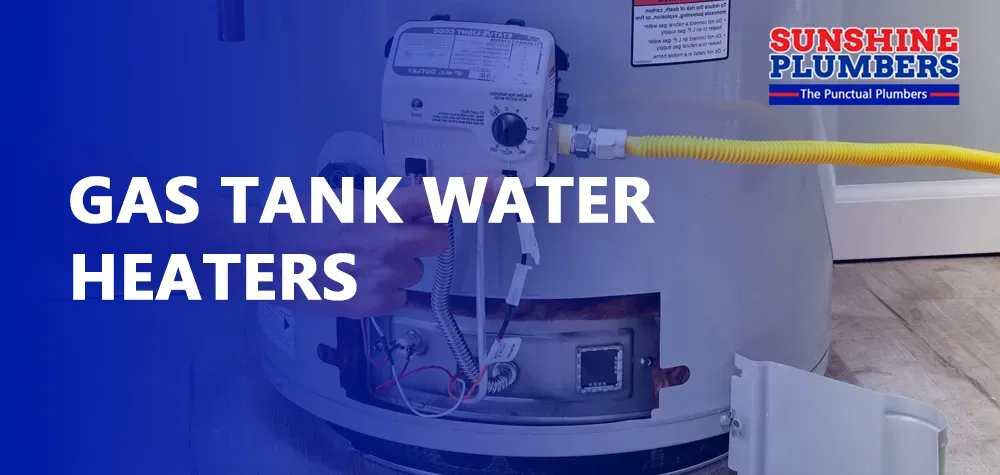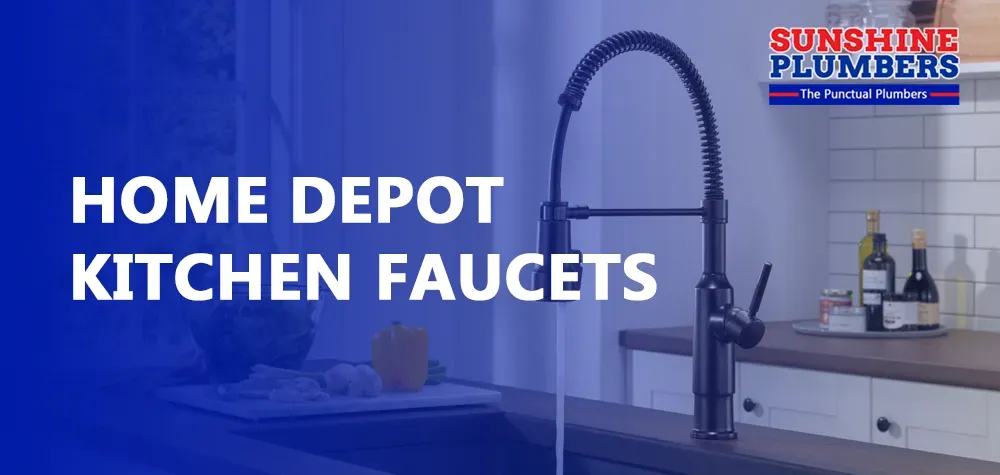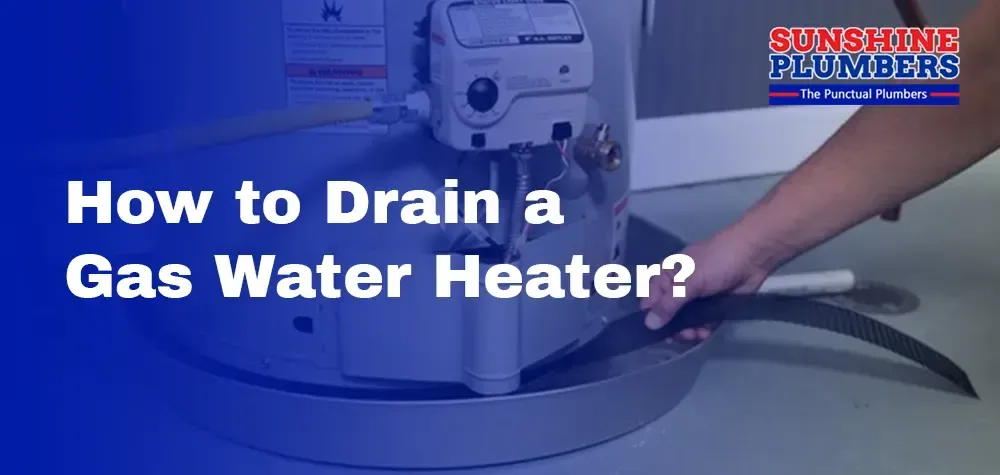How to Drain a Gas Water Heater?
Welcome to the world of uninterrupted hot water and optimal performance—your guide to mastering the maintenance of gas water heaters. In the hustle and bustle of daily life, the importance of a reliable and efficient hot water supply cannot be overstated. This article dives into the intricacies of gas water heaters, unraveling their components and shedding light on the crucial task of draining. We'll explore the signs that indicate your heater is due for maintenance, the steps to prepare and execute proper drainage, and the myriad benefits that accompany regular upkeep. So, fasten your seatbelt as we embark on a journey to understand, maintain, and extend the lifespan of your gas water heater. Your daily dose of comfort starts here!
Understanding Gas Water Heaters
Gas water heaters are marvels of modern convenience, providing a steady supply of hot water for various household activities. To comprehend the process of draining a gas water heater, it's imperative to familiarize yourself with its fundamental components and their respective functions.
Components and Their Functions
- Tank: The tank is the heart of a gas water heater, storing and heating water. It comes equipped with a thermostat to regulate the water temperature.
- Thermostat: This device monitors and controls the water temperature inside the tank. It ensures that the water stays at the desired and safe temperature for use.
- Gas Control Valve: Responsible for regulating the flow of gas to the burner, the gas control valve is a crucial component for maintaining the water temperature. It works in conjunction with the thermostat to achieve the desired settings.
- Flue: The flue is a venting system that expels combustion gases from the water heater. It plays a vital role in maintaining a safe and efficient operation by directing harmful gases outside.
Safety Precautions
While gas water heaters are efficient and reliable, it's essential to observe safety precautions to prevent accidents or malfunctions.
- Ventilation: Ensure proper ventilation in the area where the gas water heater is installed. Proper ventilation helps in the safe release of combustion gases.
- Gas Leaks: Regularly check for gas leaks around the heater. If you detect any unusual smell or suspect a leak, turn off the gas supply immediately and seek professional assistance.
- Combustible Materials: Keep the area around the water heater free from combustible materials. This prevents the risk of fire hazards.
- Temperature Settings: Set the thermostat to a safe and energy-efficient temperature. Excessively high temperatures not only pose a scalding risk but also lead to accelerated sediment buildup.
Understanding these components and taking necessary precautions is crucial before delving into the process of draining a gas water heater. It ensures that the maintenance procedure is carried out safely and effectively, preserving the longevity and efficiency of your appliance.
Signs That Your Gas Water Heater Needs Draining
1. Identifying Issues
Recognizing when your gas water heater requires draining is essential for maintaining its efficiency. One common sign is a noticeable reduction in the hot water supply. If your once-steaming showers have become lukewarm or cold, it's a clear indicator that sediment may be impeding the heating elements. Additionally, strange noises emanating from the heater, such as popping or rumbling sounds, signify the presence of sediment, hindering the heating process. Cloudy or discolored water coming from the taps is another red flag, suggesting that sediment is contaminating your water supply.
2. Reasons for Sediment Buildup
Sediment buildup occurs over time as minerals and debris present in water settle at the bottom of the tank. This sediment layer acts as an insulator, reducing the efficiency of the heating element. The accumulation of sediment not only impedes heat transfer but also promotes corrosion, potentially leading to irreversible damage to the water heater. Regular draining helps mitigate these issues, ensuring a consistent and efficient hot water supply.
Preparation Before Draining
1. Necessary Tools and Safety Measures
Before embarking on the drainage process, gather essential tools and prioritize safety measures. You'll need a garden hose, a bucket, gloves, and safety goggles. The hose will be used to direct the draining water safely to an appropriate location, while the bucket and gloves aid in the collection and disposal of sediment. Safety goggles protect your eyes from any splashes or debris during the maintenance process. Additionally, ensure the gas supply to the heater is turned off to prevent accidents during the drainage.
2. Steps to Turn Off and Prepare the Heater
Start by turning off the gas supply to the water heater. This step is crucial to prevent any potential hazards during the drainage process. Allow the water inside the tank to cool down to a safe temperature. While waiting, locate the heater's drain valve and attach the garden hose securely. Position the other end of the hose in a location where the draining water won't cause any damage. Preparing the heater and ensuring safety measures are in place sets the stage for a smooth and effective drainage process.
Step-by-Step Guide on Draining a Gas Water Heater
1. Shutting Off the Gas Supply
Begin the drainage process by turning off the gas supply to the water heater. Locate the gas control valve, typically situated near the bottom of the heater. Turn the valve to the "off" position to ensure the safety of the maintenance process.
2. Attaching a Hose and Directing Water Flow
Connect one end of the garden hose to the drain valve of the water heater. Ensure a secure attachment to prevent leaks during the drainage. Position the other end of the hose in a suitable drainage area, like a floor drain or a bucket. This step facilitates the controlled and efficient flow of water during the draining process.
3. Flushing Out Sediment
With the hose securely attached, open the drain valve to initiate the drainage. Allow the water to flow out, carrying sediment and debris with it. Keep the valve open until the water runs clear, indicating the successful removal of sediment. Once the drainage is complete, close the valve, disconnect the hose, and prepare for the post-draining procedures.
Following these step-by-step guidelines ensures a systematic and effective drainage of your gas water heater, promoting its longevity and sustained performance.
Post-Draining Procedures
1. Inspecting the Drained Water
After completing the draining process, take a moment to inspect the drained water. Look for any visible sediment or debris that may have accumulated at the bottom of the bucket or drainage area. This visual inspection provides insights into the effectiveness of the drainage and helps gauge the level of sediment buildup within the water heater.
2. Refilling the Tank and Turning the Heater Back On
Once the inspection is complete and you're satisfied with the clarity of the drained water, it's time to refill the tank. Close the drain valve securely and turn on the water supply to allow the tank to fill. Ensure that all valves are closed before reigniting the pilot light or turning the gas control valve back on. This step prepares the gas water heater to resume its normal operation, providing you with a renewed and efficient hot water supply.
Common Mistakes to Avoid
a) Errors During the Draining Process
Avoid common mistakes that can compromise the effectiveness of the draining process. One frequent error is neglecting to turn off the gas supply before initiating drainage, which can lead to safety hazards. Ensure all safety measures are followed, and the gas supply is securely turned off to prevent accidents during maintenance.
b) Potential Risks and Complications
Neglecting safety precautions or rushing through the draining process can result in potential risks and complications. Forgetting to wear safety gear, such as gloves and goggles, may expose you to hot water or debris. Additionally, improper drainage can leave residual sediment in the tank, undermining the purpose of the maintenance. Take your time, follow the steps diligently, and prioritize safety to avoid these common pitfalls.
Seeking Professional Help
1. When to Call a Professional Plumber
While many aspects of gas water heater maintenance can be handled by homeowners, there are instances where professional intervention is necessary. If you encounter persistent issues, such as leaks, strange noises, or irregular heating, it's time to call a professional plumber. Likewise, if you're unsure about any step in the maintenance process, seeking expert advice ensures the job is done correctly and safely.
2. What to Expect from Their Services
Professional plumbers bring a wealth of expertise to the table. When you engage their services, expect a thorough inspection of your gas water heater, identification of underlying issues, and efficient resolution. They will also provide valuable tips on preventive maintenance and potentially save you from costly repairs or replacements down the line.
Environmental Impact and Disposal
1. Proper Disposal of the Drained Water
Responsible disposal of the drained water is crucial to minimize environmental impact. If the water is free from contaminants, consider using it for watering plants or flushing toilets. However, if sediment or other pollutants are present, dispose of the water per local regulations to prevent harm to the environment.
2. Eco-Friendly Practices
Embrace eco-friendly practices in your gas water heater maintenance routine. Consider using environmentally safe cleaning agents during the drainage process. Additionally, explore alternative disposal methods for the drained water that align with sustainability principles, contributing to a greener and healthier planet.
Rely on Sunshine Plumbers: Your Expert Solution for Plumbing Peace of Mind
When it comes to plumbing issues, leave it to the experts at Sunshine Plumbers to ensure a hassle-free and professional resolution. Our seasoned team of plumbing professionals is equipped with the knowledge and experience to address any concerns related to your gas water heater or other plumbing needs. Whether you're facing persistent leaks, unusual noises, or simply seeking expert advice on maintenance, Sunshine Plumbers is your go-to partner. Our commitment to excellence, safety, and customer satisfaction sets us apart. Contact us today, and experience the peace of mind that comes with reliable and efficient plumbing solutions. Your comfort and convenience are our top priorities at Sunshine Plumbers.




